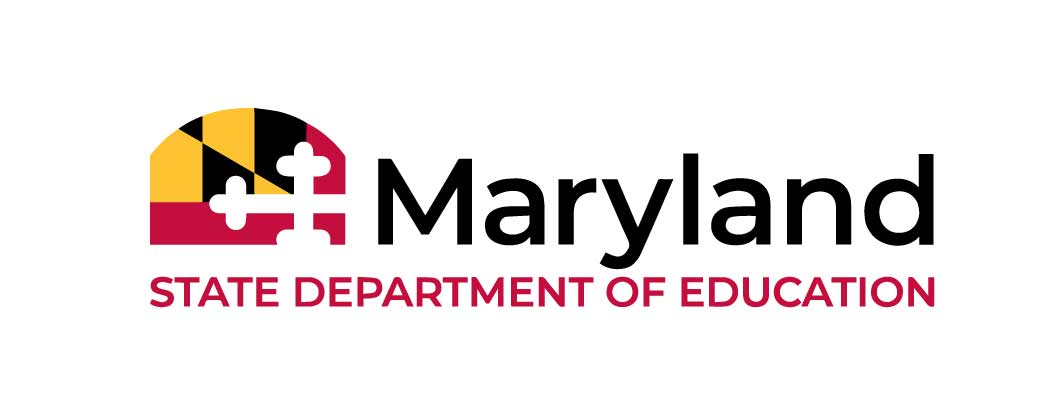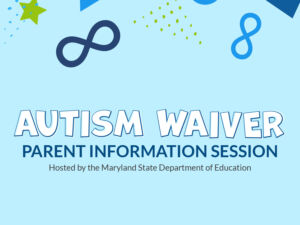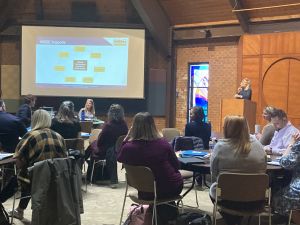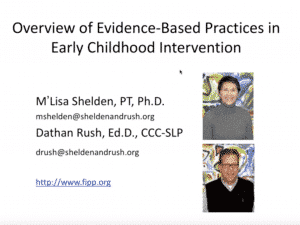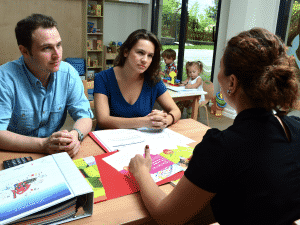FOR FAMILIES
for families
The vision of the Division of Special Education is that all students, including students with disabilities, will be ready for school, achieve in school, and be prepared for college, career, and community living.
for family external video linkBelow you will find resources for families of special education students organized around the division’s three imperatives: Early Childhood external link sr only Early Childhood; Access, Equity, Progress; and Secondary Transition.
Posts are continually created and updated in partnership with national experts. You can scroll through our most recent updates, or click on “VIEW ALL” for more resources or to customize your search.
HIGHLIGHTS

Parents’ Place of Maryland
Parents’ Place offers a variety of programs and services that continue to support families of children with disabilities and special health care needs and serves as Maryland’s Parent Training and Information Center (PTIC).

Maryland Family Network
The Maryland Family Network provides parents and caregivers advice and support to help them navigate their children’s first five years with services such as child care referral and advocacy.
LATEST POSTS | VIEW ALL
RESOURCES BY IMPERATIVE
Early Childhood | VIEW ALL
The Division’s Early Childhood Imperative provides a seamless and comprehensive statewide system of coordinated services for children with disabilities (age 0 to 5) and their families.
Access, Equity, Progress | VIEW ALL
The Division’s Access, Equity, and Progress Imperative gives students school-age students with disabilities (age 3 to 21) equal access to both quality education and the ability to achieve in school.
Secondary Transition | VIEW ALL
The Division’s Secondary Transition Imperative provides support to students with disabilities (age 14 to 21) who are preparing for adult life after school.
